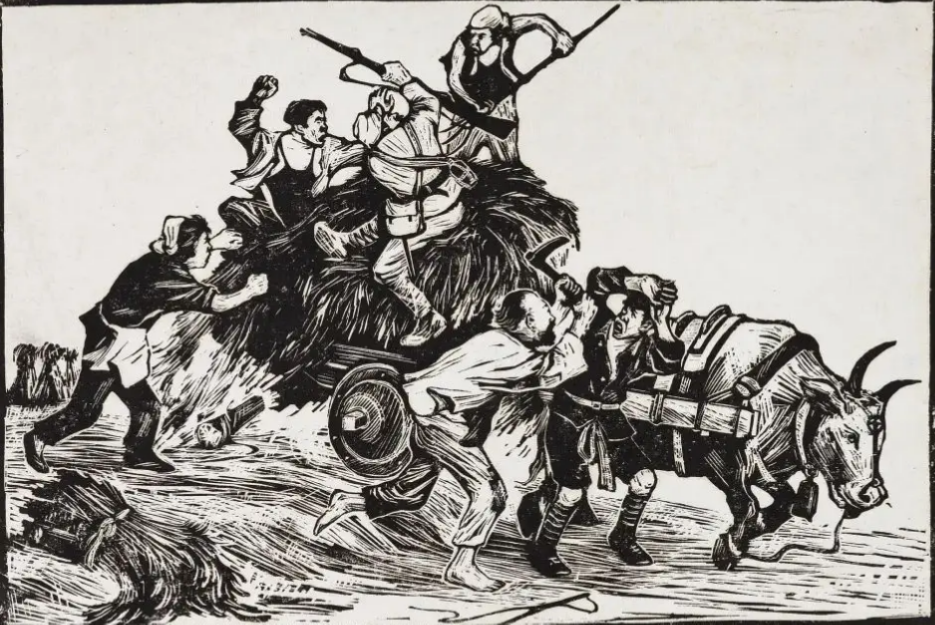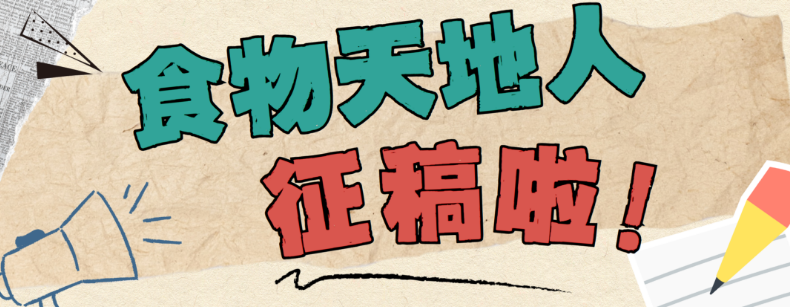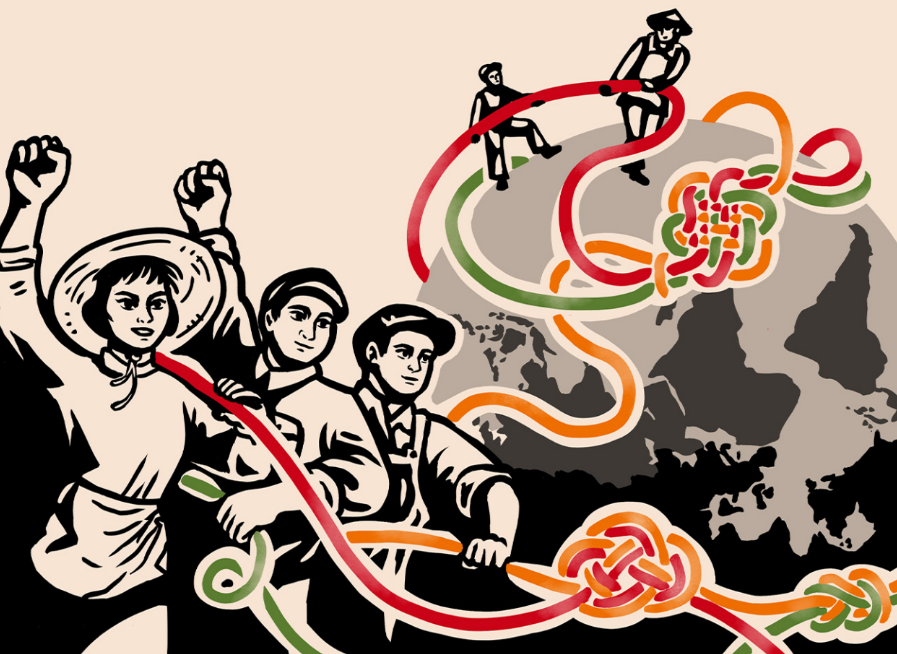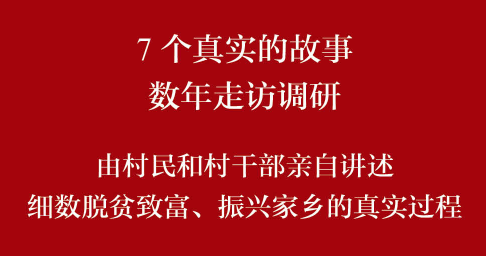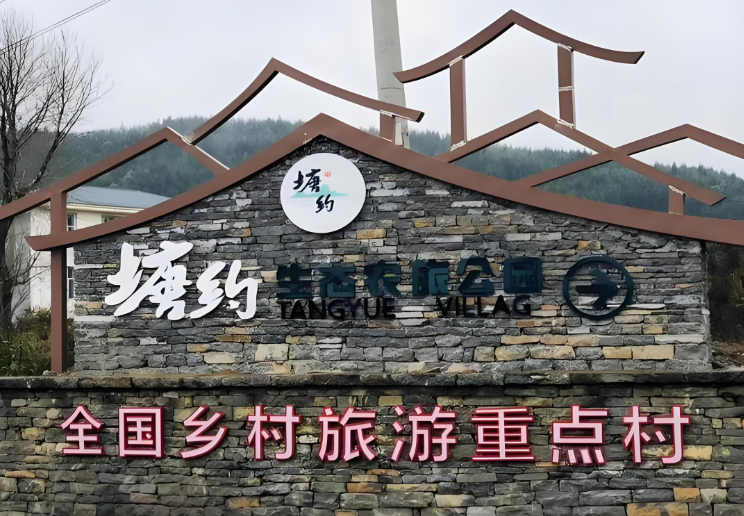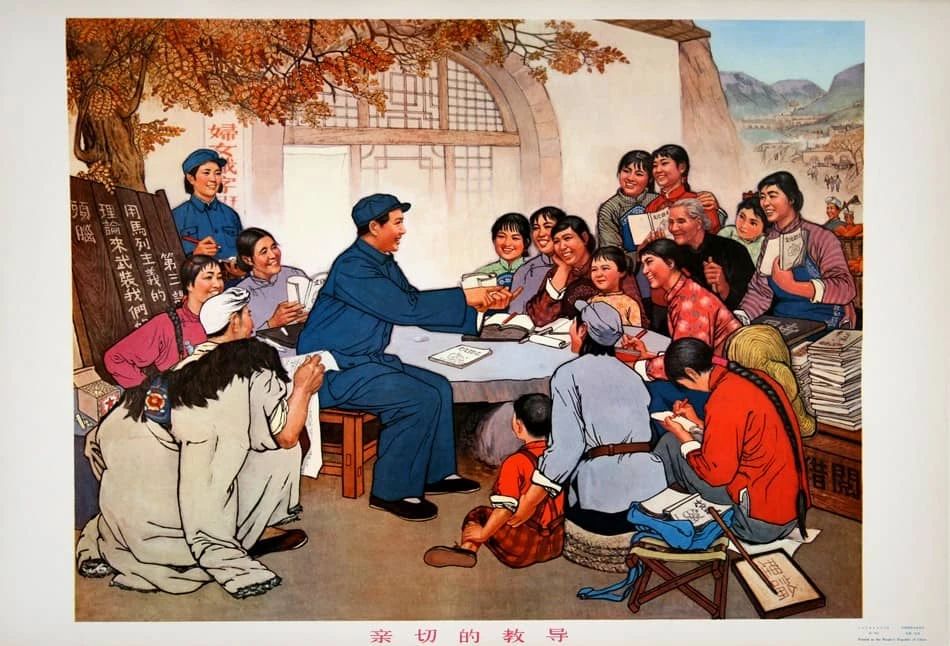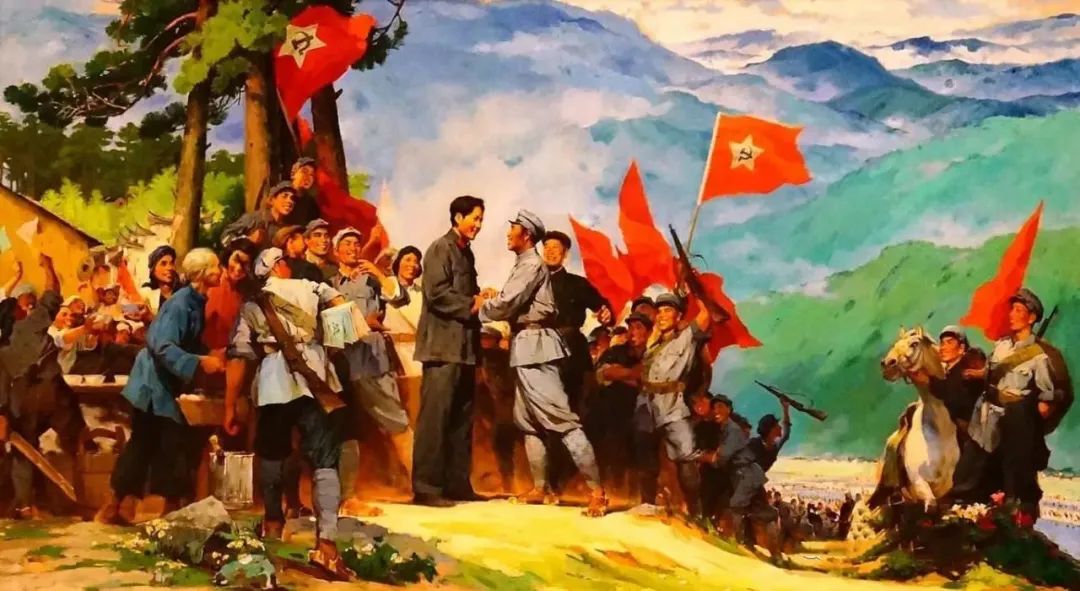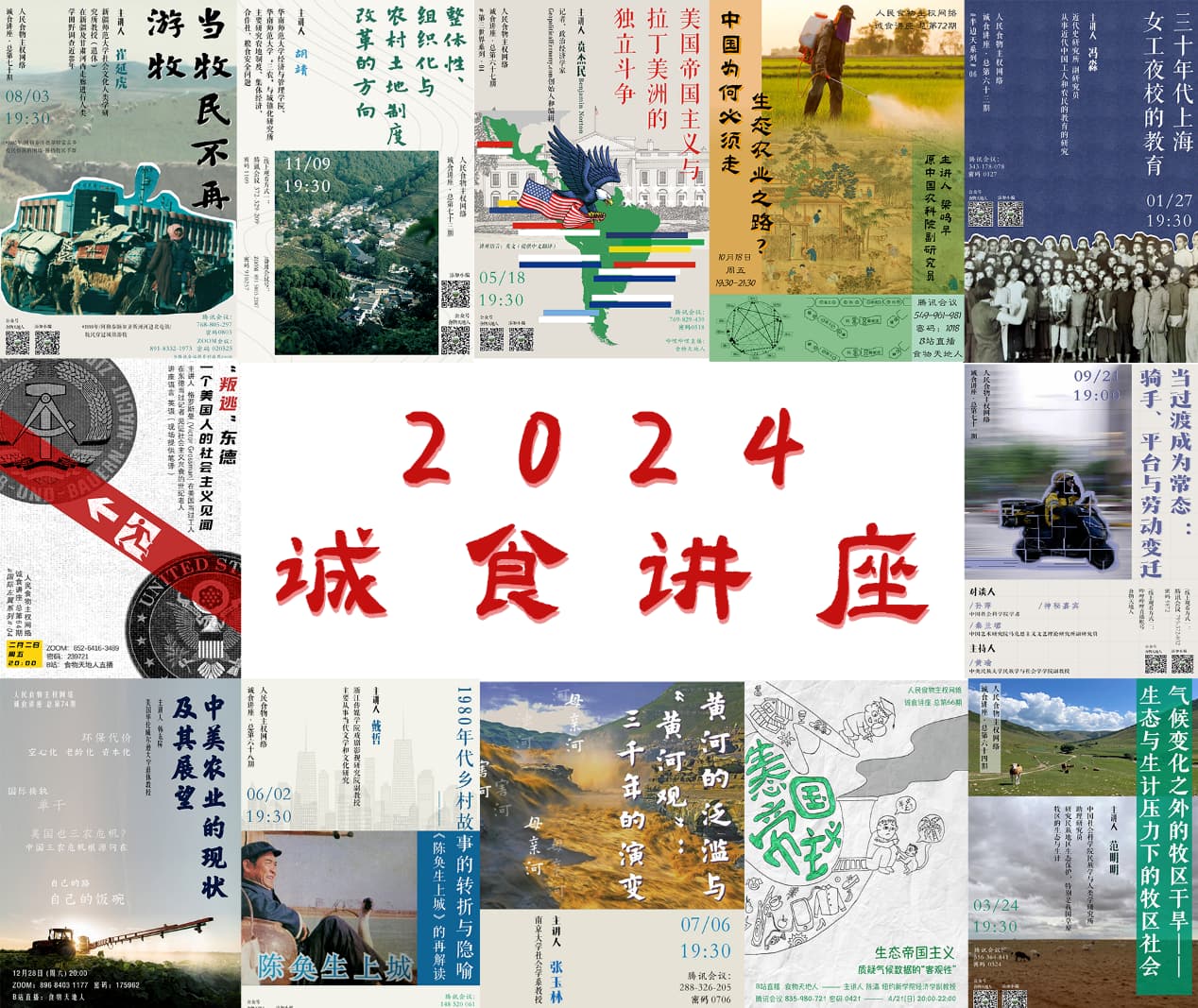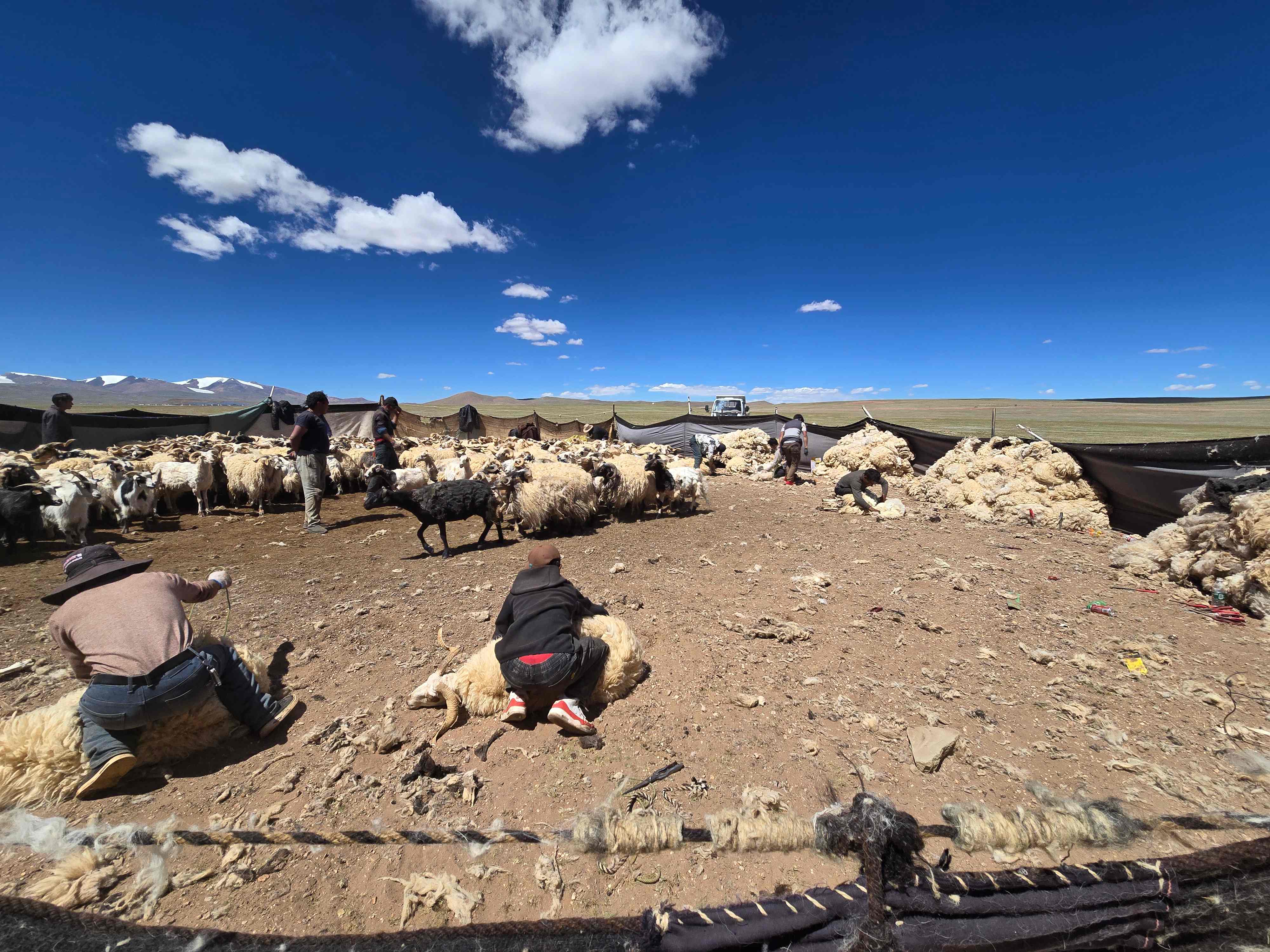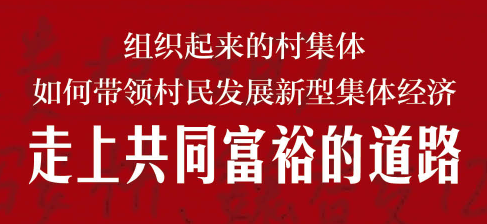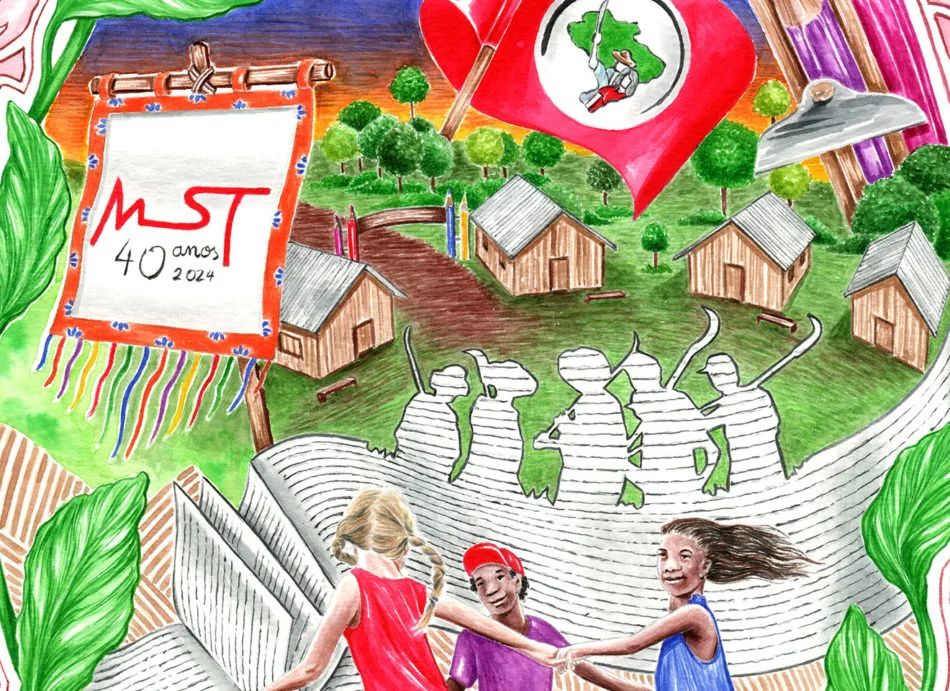【原创·翻译】援助还是殖民?:孟山都、盖茨基金会改造非洲农业,力阻农民留种
来源: 原创译文 发布时间:2015-06-14 阅读:4036 次
食物主权按:绿色革命需要过量投入、大量机械以及过多能源,从而是一个不可持续的系统。贷款是绿色革命的必要部分,它产生了大量难以偿还的债务。最重要的是,绿色革命并没能消除饥饿。第一波绿色革命在非洲也从来没有达到预期效果,这由很多原因造成,包括内战、政府腐败、政府间不合作、灌溉缺水、土壤类型多样、基础设施缺乏以及非洲大陆广阔的地貌。然而,在西方政府的援助和政治推动下,非洲绿色革命联盟(AGRA)开始推广转基因种子的实验和种植,开启了第二波绿色革命之门,AGRA认为发展意味着大规模农业,单一化栽培,“改良的”转基因种子以及更为长远的,工业化农业体系。而这一计划的背后从一开始就有世界银行、国际货币基金组织、美国国际开发局和各种“慈善”基金会的影子,这将使非洲走向重新被殖民的道路。
正文
Most of the world's food is grown by small scale farmers. While it is called "traditional" agriculture, it is never static and farmers constantly adapt. This traditional agriculture relies on a varied and changing mix of crops, a polyculture, which provides a balanced diet, is affordable for local farmers and can accommodate changing local conditions.
全世界大部分的粮食都是由小农生产出来的。尽管被称作“传统”农业,但小农生产方式从来都不是一成不变的,农民会不断调整适应。传统农业依赖于农作物的多样与混合,俗称混养,从而提供均衡的日常食物。这种混养型农业对农民来说是承担得起的,同时也能适应不断变换的当地条件。
The Green Revolution relied on increasing acreages of monocultures, mostly cereal grains, which also increased the use of herbicides, insecticides and fertilizers as well as new varieties of high yielding crops. Inputs that small farmers, those who fed the people, were never meant to afford.
绿色革命依赖不断增加的单一作物亩数,大部分种的是谷物,这也加大了除草剂、杀虫剂、肥料以及各种新型高产作物的使用量,这些投入对那些养活人类的小农来说是承受不起的。
It was an unsustainable system that called for too many inputs, too much machinery and too much energy. Credit was an essential part of the Green Revolution—creating debts that could never be repaid. And it did nothing to empower women, who grow a considerable portion of the world's food. It gave them no access to education, no power, and made it more difficult for them to maintain the rights to their land. Most importantly, the Green Revolution did not end hunger.
绿色革命需要过量投入、大量机械以及过多能源,从而是一个不可持续的系统。贷款是绿色革命的必要部分,它产生了大量难以偿还的债务。妇女生产出的粮食在世界粮食总量中占取了相当大的比例,但绿色革命也没有帮到她们什么,没有给她们提供受教育的机会,没能赋予她们权力,反而使她们更难以维持自己对土地的权利。最重要的是,绿色革命并没能消除饥饿。
The Green Revolution never met expectations in Africa. This was for many reasons, including: civil wars, corrupt governments, governments that often could not work together, inaccessibility of water for irrigation, very diverse soil types, a lack of infrastructure and the sheer breadth of the continent. Perhaps Africa was lucky, while the Green Revolution was put forth as a solution to feed the hungry, it was also focused on permanently allowing Western governments to dominate politics and national economies—a new brand of colonialism.
绿色革命在非洲也从来没有达到预期效果。这由很多原因造成,包括内战、政府腐败、政府间不合作、灌溉缺水、土壤类型多样、基础设施缺乏以及非洲大陆广阔的地貌。当绿色革命被当做一种解决饥饿问题的方式提出来的时候,非洲或许是幸运的,但它也促使西方国家永久掌控非洲的政治和国家经济,一种新型的殖民主义就此诞生。
Now, as global agribusiness interests look to expand their profits with the financial backing of the World Bank, the International Monetary Fund, United States Agency for International Development (USAID), various “charitable” foundations and the political backing of the more "developed" countries of the world (the G-8), Africa is the obvious target to be saved and developed. Corporations profit, Western governments gain control.
如今,全球的农业综合企业都有意通过世界银行、国际货币基金组织、美国国际开发局和各种“慈善”基金会的财政支援,同时仰靠所谓更加“发达的”国家(八国集团)的政治支持,达成其扩大利润的目的,非洲毫无疑问成了他们被拯救和被发展的目标,这样,众多企业获得赢利,西方国家则获得政治和经济掌控。
The Alliance for a Green Revolution in Africa (AGRA) seems to have all the answers. Started by the Bill and Melinda Gates and Rockefeller Foundations and fronted by African dignitaries, their goals for Africa appear to be remarkably similar to those of the first Green Revolution, increasing agricultural production through increased inputs, monoculture farming, production of grain crops for the global market and little in the way of societal change to empower small scale farmers, women or the poor.
非洲绿色革命联盟(AGRA)似乎有所有的答案。该组织由比尔和梅林盖茨基金会、洛克菲勒基金会发起,同时由非洲显要的高管负责领导,其目标与第一批绿色革命国家的目标极其相似,即通过加大投入增加农业产出,单一化种植,为世界市场生产粮食,而不关注为小农、妇女和贫困人口增能的社会变迁。
In a new twist to the old Green revolution, AGRA is focusing on private control rather than public—more profit, less oversight. A prime example, private seed companies will produce and sell their "improved" seed varieties to farmers, rather than giving farmers access to publicly developed seeds.
作为旧的绿色革命的改版,非洲绿色革命联盟更关注私有化控制而不是公共所有——追求更多利润而非长远责任。一个明显的例子,私有的种子公司生产、并向农民出售它们的种子,而不是让农民有办法共同培育种子。
While most countries in Africa have no commercial plantings of Genetically Modified (GM or GMO) crops, many are conducting trials, aided by and politically pushed by Western governments. While AGRA claims their partners are not currently selling GM seeds in Africa, the push is clearly there.
原本大部分非洲国家都没有商业化地种植转基因作物,但在西方政府的援助和政治推动下,很多非洲国家正在进行转基因作物的试验。尽管非洲绿色革命联盟声称其合作者目前没有在非洲销售转基因种子,但推动力显然存在。
The Gates Foundation would like their association with AGRA to appear as a strictly philanthropic venture, but, it appears that as Monsanto stands to profit so does the Gates Foundation's endowment.
尽管盖茨基金会企图使它与非洲绿色革命联盟的联系看起来是纯慈善性的,然而,这只是表面上的,因为孟山都是获利的,因此盖茨基金会也能获利。
AGRA states that "only about one quarter of Africa's small-holder farmers have access to good seeds"—and good seeds, in the eyes of AGRA funders and partners, are GM seeds, seeds that must be purchased every year, not farmer-saved seeds. Traditional seed laws that allow saving and exchange between farmers are "outdated" according to AGRA and they continue to push for changes in seed laws that would protect patented seed.
非洲绿色革命联盟指出,“在非洲只有大约四分之一的小农能够得到好的种子”——所谓的“好种子”,在非洲绿色革命联盟的资助者和合作者眼里,就是转基因种子,需要农民每年花钱购买的种子,而不是农民自己留的种子。在非洲绿色革命联盟的标准下,农民自留种和相互换种的传统育种方法是过时的,他们也在不断推进种子法律的变革,从而可以保证取得专利的种子能畅行无阻。
In Ghana, the national parliament has given full support to the Plant Breeders Bill, which would restrict seed saving and swapping. According to the Ghana National Association of Farmers and Fishermen, "This system aims to compel farmers to purchase seeds for every planting season." This bill, being pushed by AGRA, the G-8, USAID and corporate agribusiness, will make it difficult to find any seed other than GM seed. For bio-technology companies like Monsanto, Africa is the new frontier. Lots of land, lots of people, lots of foreign investment money, and governments willing to push their agenda. It all adds up to lots of profit.
在加纳,国会对《植物培育者法案》给予了全力支持,这项法案是限制农民自留种和换种的。加纳农民和渔民全国协会认为,“这个体系的目标是迫使农民”每一季都去购买种子。”这项由非洲绿色革命联盟、G-8集团、美国国际开发局(USAID)和大型农业企业共同推动的法案,会使以后除了转基因种子之外,再也找不到其他种子了。对于像孟山都这样的生物技术公司,非洲是一个新的市场,拥有大量土地、大量人口、大量国外投资,且政府愿意推动它们的计划,这些都会产生巨大的利润。
AGRA may think they have all the answers, but the problem is, they never asked the questions, they never asked the people of Africa or the farmers what they wanted. This is colonialism, not democracy.
非洲绿色革命联盟可能觉得他们无所不知,但问题是他们从来不知道询问,他们从来没有问问非洲农民到底需要什么,这就是殖民主义行径而非民主所为。
As Mariann Bassey Orovwuje of the Environmental Rights Action (ERA)/Friends of the Earth Nigeria (FoEN) noted at a Town Hall Forum in Seattle last October, "if you are helping me, ask me the kind of help I need."
作为环境权利行动(the Environmental Rights Action)和尼日利亚大地(FoEN)的成员,Mariann Bassey Orovwuje在去年十月的西雅图市政厅论坛上这样说过,“如果你们准备帮我,请问问我到底需要何种帮助。”
Mercia Andrews, of the Trust for Community Outreach and Education (TCOE) in South Africa, sees AGRA and the Green Revolution as "another phase of colonialism.""What we need," she stated, "is not more charity and more investment of the kind that's being imposed on us, we need solidarity, we need learning together from you, from the peasant farmers, from the food movement, all these small markets that exist here, from the community to community movement. People to people solidarity, not corporate takeover."
来自南非社区外展服务和教育基金的梅尔恰·安德鲁斯视非洲绿色革命联盟和绿色革命是“殖民主义的另一阶段”。她这样说道,“我们不需要更多的慈善捐款和投资,我们需要团结,我们需要共同向你们学习,向农民学习,向食物运动学习,向当地现存的小型市场学习,向社区运动学习。我们需要人与人之间的合作,不需要企业的接管。”
Mariam Mayet, director of the African Centre for Biosafety (Acbio), felt that "peasant farming systems have become reviled by the like of Gates as backwards and responsible for poverty and starvation in Africa. It's almost as if there is a concerted effort to make these systems obsolete, to do away with them, they are ugly, they are backward they have to go and they have to go now." She noted that "I want you take home the message that there are African farmer organizations that are outraged, we are angry because these decisions have been made—imposed on us in a very patronizing, patriarchal, violent way, like we are children, that they have designed a solution for us as to how they can fix up what is broken."
玛利亚姆·迈耶是非洲生物安全中心的主管,她感到“农民的传统种植体系受尽了斥责,因为根据盖茨的喜好,他视其为落后的生产系统,是非洲贫穷和落后的原因。这几乎是一项共同筹备好的计划,力图荒废这些农民的传统种植体统,摆脱它们,因为它们很丑陋,很落后,所以它们必须消失,立刻马上!”她又说道,“我希望你带个信回去,非洲的农民组织怒不可遏,因为决策的指定方式,以及强行实施在我们头上的方式,是一种暴力的保护人式和家长制行为,好像我们是小孩子,而他们则以一副可以修复破损之物的姿态,为我们制订了一套解决方案。”
In his address to the Triennial Forum for Research in Africa General Assembly on July 18, 2013, Dr. Kanayo Nwanze, president of the International Fund for Agricultural Development (IFAD), stated that "Africa can feed Africa. Africa should feed Africa. And I believe that Africa will feed Africa." And, interestingly enough, he didn’t once mention GMOs.
2013年的7月18日,非洲农业发展国际基金会的主席Kanayo Nwanze博士在三年一度的非洲研究论坛常规会议上说道,“非洲可以养活非洲自己,非洲也应该养活非洲自己,而我们自己也相信非洲将来会养活非洲。”有一点值得玩味的是,他从头到位没有提到转基因作物。
Just as AGRA would force its program on Africa, Nwanze felt that the decline of African agriculture, in large part, was due to structural adjustment programs forced on many of the continent’s nations by the World Bank. And cutting to the heart of the Green Revolution he noted that "if we set our sights only on improving productivity, there is a very real danger that we will grow more food in Africa without feeding more people.”
就像非洲绿色革命联盟在非洲大陆上强制推行其各式计划一样,世界银行也在非洲许多国家强制推行其结构性调整计划,Nwanze觉得这在很大程度上导致了非洲农业的衰退。对于所谓的“绿色革命”,他一针见血地指出“如果仅仅关注提高生产率,非洲就会面临一项真正的危险:食物产量增加了却没法养活更多的人。”
He stressed that "results must be measured NOT by higher yields alone, but by reduced poverty, improved nutrition, cohesive societies and healthy ecosystems. And, agricultural development must involve women who are too often... the most disadvantaged members of rural societies.”
他强调“产量的提高不能成为检测结果的唯一标准,贫困的减少、营养的增加、社会凝聚力以及健康的生态系统等也应纳入考量的范围。而且,农业发展也必须惠及女性群体,农村社会中的女性是最弱势的。”
While IFAD has not always been on the right side of agricultural change in Africa, Nwanze clearly articulated a vision much different than that of the original Green Revolution or of AGRA's idea of progress in Africa. We can only hope he is sincere, it is important to acknowledge that Africans can exploit Africans, just as Western governments and corporations can. Democracy and food sovereignty should determine the future of Africa, not rich Africans or Western corporations.
尽管IFAD并不完全支持非洲农业的改造,Nwanze清楚地描绘了一幅与绿色革命或者AGRA的设想不同的非洲的发展图景。我们只能寄希望于他是真诚的,承认非洲人也会剥削非洲人这一点非常重要,就像西方的政府和企业也会剥削他们的同胞一样。非洲的未来应该由民主和食物主权来决定,而不是由非洲的富人和西方的跨国公司来决定。
AGRA believes progress is large scale farming, mono-cultures, "improved" GM seed, and a further industrialized agricultural system. However, none of these have ended hunger. This style of agriculture thas not and will not feed the world, though this is what we are constantly told to believe.
AGRA认为发展意味着大规模农业,单一化栽培,“改良的”转基因种子以及更为长远的,工业化农业体系。然而,这些之中没有哪一项能让饥饿终结,尽管我们一直被灌输要相信这种农业模式的说法,但这种农业模式无论在过去还是将来,都不养活不了整个世界。
In his book, Farmageddon, Brewster Kneen notes that "In the name of progress, these new powers would like us to believe that there is no alternative to their biotechnological project. They are simply the agents of destiny. We should adjust to their rule with gratitude for their leadership and their efforts on our behalf, whether we asked for it or not.”
在他的著作《农业末日》中(Farmageddon), Brewster Kneen强调“这种新权力希望我们认为他们的生物技术项目是无可替代的。他们仅仅是命运的代理人。我们都应该感激他们的引领,感激他们为人类利益而做出的努力,并且适应他们的规则,不管我们是不是要求他们这样做。”
Colonialism is patronizing, patriarchal and violent, and to believe that AGRA's vision for Africa, Africa's people, its farmers, or the continent itself is anything other than a new colonialism designed to benefit corporate agribusiness and the partners of AGRA while it ultimately impoverishes the people and the culture of Africa is not just laughable, but unequivocally misguided and dangerous.
殖民主义是保护人式的、家长式的,也是暴力的。非洲绿色革命联盟为非洲、非洲人民和农民规划的愿景是一种使得农业企业和非洲绿色革命联盟同伙们牟利的新殖民主义。它最终会导致非洲人民和非洲文化的贫困。如果相信非洲绿色革命联盟的愿景,这不仅是令人可笑的,受了误导的,而且是危险的。

